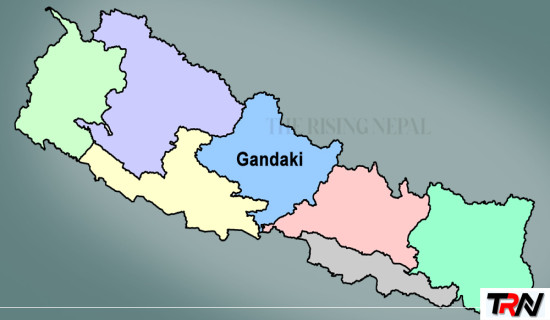- Sunday, 24 August 2025
Reduce Plastic Use
Walk into almost any Nepali household and you will find a familiar sight: a drawer, a corner, or a cupboard stuffed with plastic bags. A bundle of plastic bags is folded or stacked together in another bag. No matter how many we reuse, the pile never seems to shrink. What was meant to be a temporary carrier of goods has quietly become a permanent fixture of our homes and streets, and sometimes, the ultimate sign of being a "typical Nepali home".
It is true that we, unlike many other countries, have a habit of reusing plastic bags. They become trash bags, carriers for lunchboxes, or makeshift storage for rice, lentils, and old clothes. In a culture where nothing is wasted easily, this instinct deserves appreciation. Reuse is better than outright disposal, and on the surface, it feels like a responsible act.
But here’s the uncomfortable truth: no matter how many times we reuse them, plastic bags do not stop being harmful. They tear easily, lose strength, and eventually end up in the garbage. Once discarded, they are almost impossible to manage. They clog drains, choke rivers, and scatter across fields where animals mistake them for food. Burning them is no solution either; the toxic fumes harm air quality and public health. And long after their usefulness to us ends, these bags stay in the environment for centuries beyond us.
Nepal has attempted to curb its use with bans and restrictions. Each announcement is followed by a short-lived phase of enforcement, only for old patterns to return. The market is flooded with them again, customers accept them without much thought, and the cycle continues. Weak regulation plays a role, but so does our own unwillingness to break free from convenience.
The irony is that alternatives are not hard to find. Cloth bags, jute bags, and even sturdier reusable plastic bags last far longer and cost little when used repeatedly. Some communities have even revived and commercialised the use of traditional bamboo baskets. However, plastic is considered so convenient and so normalised that refusing it feels like extra work. Shops too often prioritise speed and customer satisfaction over sustainability.
Changing this does not require a ground-breaking innovation. It requires consistency from both policymakers and from us as consumers. If bans are announced, they must be enforced with the same seriousness as traffic rules or taxation. Supermarkets and local vendors should be required to provide alternatives, not just fined for distributing plastic. On the individual level, refusing a bag is a small act, but if repeated thousands of times a day, it matters.
Plastic bags may not vanish from our lives overnight, but they don’t need to be our constant companions either. The more we accept them as unavoidable, the more we limit our ability to picture a cleaner and healthier place to live. Think of the rivers we cross, the roads we walk through, and the streets children play on. Do we really want them lined with plastic scraps that outlive us all? Change will not come from intention alone; it will come from small, disciplined choices, made every day, by each of us.
















